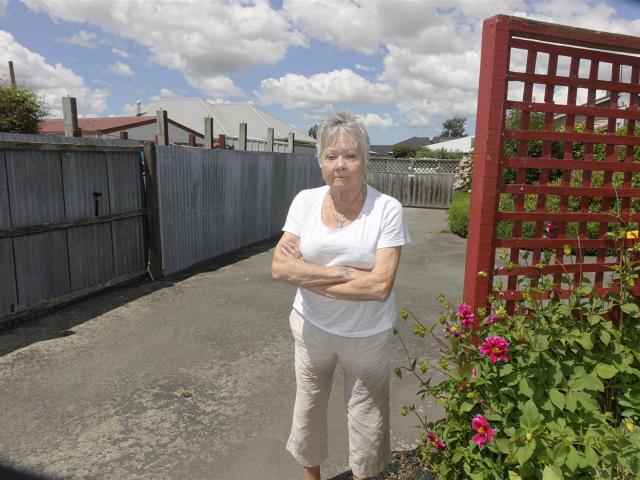The Ashburton District Council has defended its handling of dog barking complaints from an elderly Canterbury couple.
Christine and Trevor Sanderson have repeatedly complained over the past year about a dog barking and howling next door to their Netherby home, and want the owner to be issued a dog barking abatement notice which would legally require him to take action to reduce the likelihood of barking.
‘‘The council takes barking dog complaints seriously, however, abatement notices are issued as a last resort,’’ group manager compliance and development Jane Donaldson said.
‘‘Council recognises that it is better to work with an owner and their dog to encourage behaviour change and reduce barking first, rather than to penalise a dog owner.
‘‘Animal Control staff will try to offer advice, however, it may be appropriate to look at other options, including penalties, if a barking nuisance is serious, ongoing, or the owner is uncooperative. In this case, the dog owner has been cooperative. Recordings from both the complainant and our team show no evidence of persistent and loud barking or howling occurring to support a case of public nuisance.’’

The district council said it was meeting its obligations under the Dog Control Act 1996, which states dog owners must take all reasonable steps to ensure their dog’s barking does not cause a nuisance.
When abatement notices were issued, Donaldson said it was ‘‘because of multiple complaints from more than one neighbour over an observed and recorded period.
"That is not the case with this complaint. We have investigated this complaint several times at our own cost, monitored barking during the day and night, and supported the dog owner to minimise potential barking.
"We continue to keep a watching brief of the situation,’’ Donaldson said.
Christine said the low number of abatement notices issued suggested the district council ignored barking dog issues.
She had video recording evidence of ‘‘dozens’’ of incidents of the barking and howling next door going back to March last year.
But the council had told her it could not accept the recordings ‘‘as evidence’’.
She could not understand why this was the case, when the video evidence was clear as it was ‘‘timed and dated’’.














